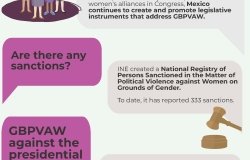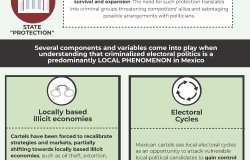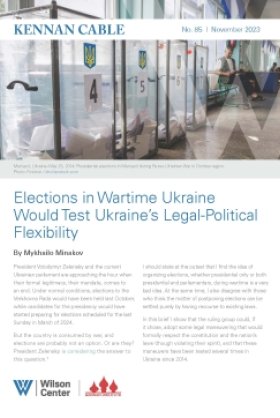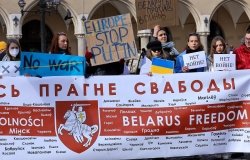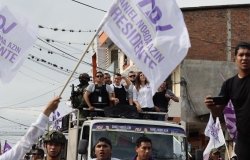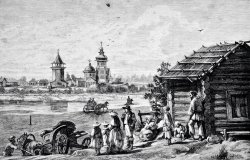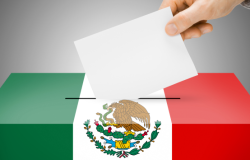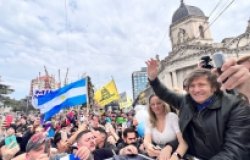Contested Narratives, Controversial Rituals: Recent Debates over World War Two Commemorations and the Politics of History in Croatia
Commemorations (and counter-commemorations) of the World War Two antifascist resistance movement in Croatia continue to be a source of debates over both political and ethnic identities. This talk examines the transformation of several memorial days in Croatia during the post-communist transition, in particular focusing on the content of the commemorative speeches given at these political rituals.
Overview
Commemorations (and counter-commemorations) of the World War Two antifascist resistance movement in Croatia continue to be a source of debates over both political and ethnic identities. This talk examines the transformation of several memorial days in Croatia during the post-communist transition, in particular focusing on the content of the commemorative speeches given at these political rituals. The official Antifascist Struggle Day (22 June) replaced the former Uprising Day (27 July) after 1990, essentially erasing the latter from Croatia's commemorative culture because it was considered to be too "Serbian". The debates over these World War Two commemorations and their significance in contemporary identity construction have once again intensified as the political leaders in the region have promoted a new commemorative culture and a discourse of reconciliation, especially as Croatia draws closer to the EU. While commemorations at Bleiburg and Jasenovac continue to be in the spotlight over debates about World War Two narratives, this year's commemoration in the town of Srb is illustrative of the clash over the past and increase in politicized counter-demonstrations.
This event will take place in the 4th floor conference room.
Speakers
Hosted By

Global Europe Program
The Global Europe Program is focused on Europe’s capabilities, and how it engages on critical global issues. We investigate European approaches to critical global issues. We examine Europe’s relations with Russia and Eurasia, China and the Indo-Pacific, the Middle East and Africa. Our initiatives include “Ukraine in Europe” – an examination of what it will take to make Ukraine’s European future a reality. But we also examine the role of NATO, the European Union and the OSCE, Europe’s energy security, transatlantic trade disputes, and challenges to democracy. The Global Europe Program’s staff, scholars-in-residence, and Global Fellows participate in seminars, policy study groups, and international conferences to provide analytical recommendations to policy makers and the media. Read more
Thank you for your interest in this event. Please send any feedback or questions to our Events staff.

